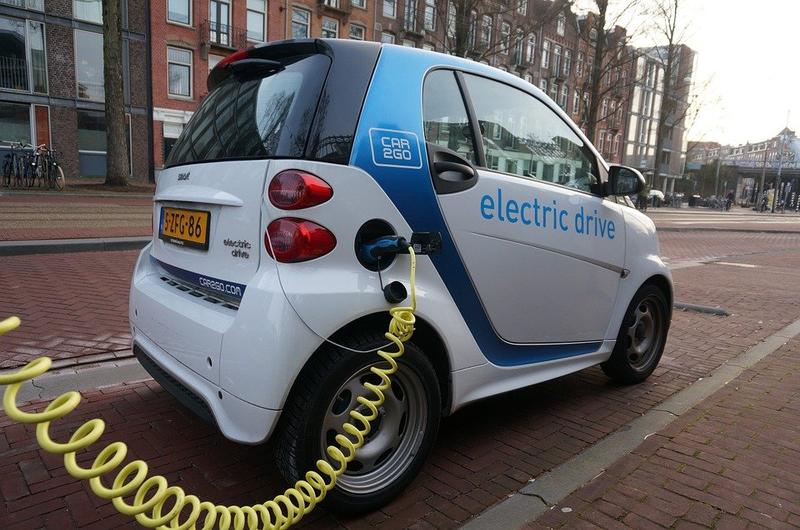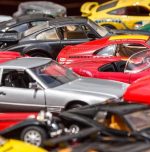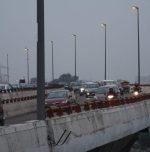Government plans 100% e-vehicles by 2030

The annual convention of the Society of Indian Automobile Manufacturers (or SIAM) has just been held for 2017. This year, the members of the SIAM discussed sustainable growth initiatives for the automobile sector, including initiatives for cleaner Indian roads.
Nitin Gadkari, the Union Road Transport Minister, said that vehicles running on petroleum and diesel gasoline will soon need to be pushed aside, and they will be replaced by vehicles running on more environmentally friendly fuel variants, such as CNG (Compressed Natural Gas), biofuel, and ethanol.
Electrically-run vehicles will be making their way in as well. In fact, the initial replacement of petroleum and diesel vehicles is part of a larger plan of the Indian government to only have e-vehicles in India by 2030.
Since the government hopes that this goal will be reached within thirteen years, Gadkari advised the automobile industry to innovate, research, and develop new environmentally friendly technologies. He stated that if they do not work on this in due time, they will be overtaken by the inevitable policy change.
Additionally, the government is planning to create a platform to use two-wheelers as taxis, which will reduce the number of cars on the roads. The government’s plan to make Indian all vehicles electric by 2030 and reach zero emissions by 2040 is composed of three steps, and they are as follows.
Firstly, the government is planning to buy 10,000 e-cars for the national capital region within the next six or eight months. This is a part of the government’s initial step to have 1,000,000 e-three-wheelers and 10,000 e-city buses on Indian roads by 2019. The government will begin to invite bids for the three-wheelers and the buses around the end of this year.
Secondly, the government will push for this to be the “LED moment” for Indian transport, referring to when 700,000,000 Indian street lamps were replaced with energy-saving LED lights. Steps have already been made in this direction, such as Nagpur’s new fleet of 200 e-vehicles.
Thirdly, the government will be setting up industries to produce 2nd generation ethanol.
This will fill the supply-demand gap for ethanol, a non-polluting and cost-effective fuel which can be an excellent replacement for petroleum products.
Image by Marilyn Murphy from Pixabay (Free for commercial use)
You may also like
Image Reference: https://pixabay.com/photos/amsterdam-smartcar-electric-car-eco-916561/
Recent Posts
- Weaver Services bridging India’s affordable housing gapWeaver Services has quickly become a key player in India’s affordable housing finance sector.
- Salary slips: What they aren’t telling you about taxesUnderstanding these hidden aspects can help you avoid extra taxes and maximise take-home pay.
- NeoBolt revolutionising mobility for people with disabilitiesUnlike regular wheelchairs, NeoBolt can function as a self-propelled vehicle.
- Weaver Services bridging India’s affordable housing gap
What’s new at WeRIndia.com
News from 700+ sources
-
India set to reload as US clears ammo, missiles delivery
-
Markets rise for 2nd day on global trends and foreign inflows
-
Gold declines Rs 600 to Rs 1,26,700/10g on dollar gains
-
Indian banks likely to enter global top 100: RBI
-
NHAI appoints manager for Raajmarg InvIT
-
Bombay High Court raps Maharashtra over Melghat malnutrition deaths
-
WeRIndia – A News Aggregator
Visit werindia.com for all types of National | Business | World | Politics | Entertainment | Health related news and much more..










Leave a Reply